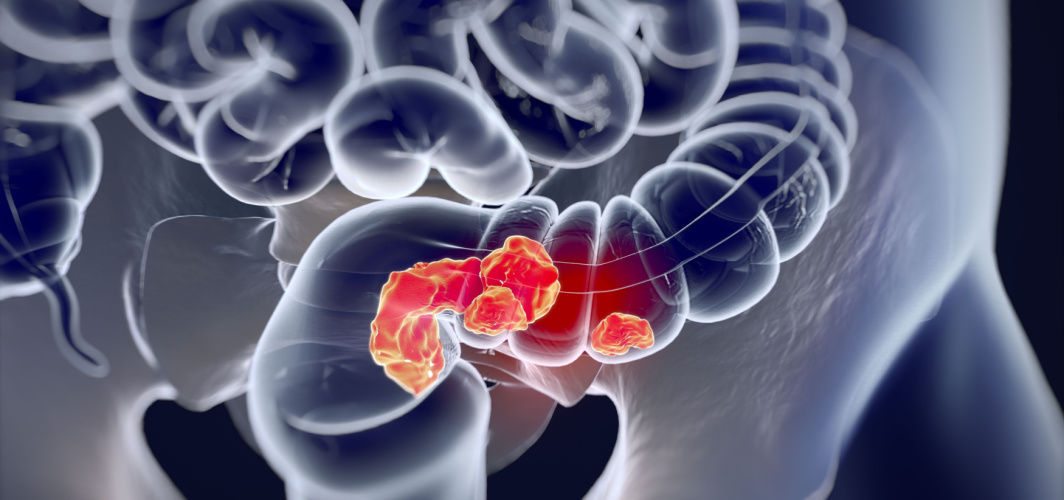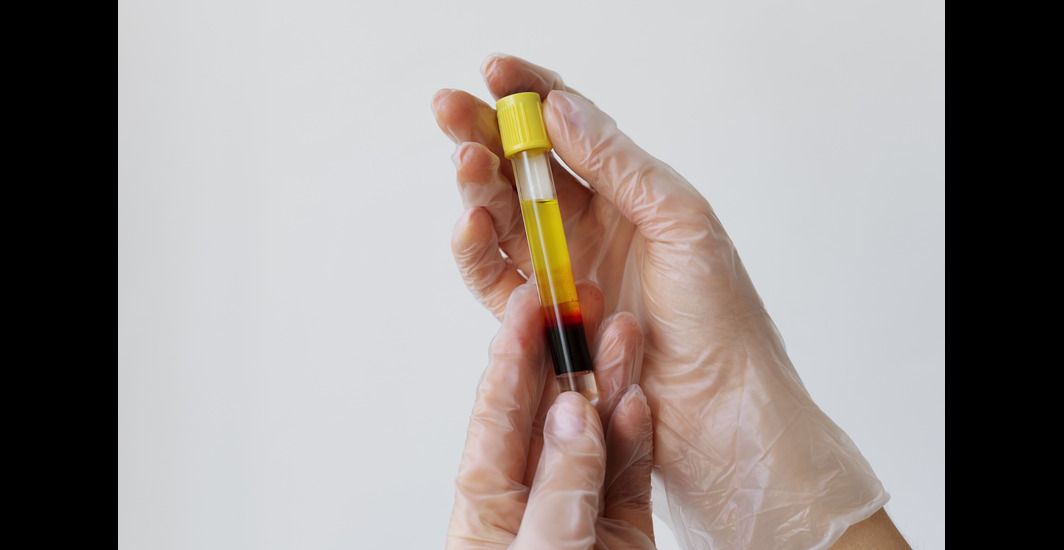General Health
How To Reduce CRP Level?
5 min read
By Apollo 24|7, Published on - 01 July 2024, Updated on - 21 November 2024
Share this article
0
0 like
.jpg?tr=q-80)
C-reactive protein (CRP) is a protein produced by your liver and released into your bloodstream in response to inflammation. When your body detects harmful agents like bacteria, viruses, or toxic chemicals, or when you sustain an injury, it triggers your immune system. The immune system sends inflammatory cells and cytokines to address the issue, which can result in pain, bruising, swelling, or redness. This inflammatory response helps trap bacteria and other harmful agents or to begin the healing process of injured tissue.
Inflammation also impacts internal systems, such as your joints, that aren't visible externally. Typically, CRP levels in the blood are low, but moderately to severely elevated levels can indicate a serious infection or other inflammatory conditions. Continue reading to learn more about this protein and how to reduce CRP level.
How is CRP Level Tested?
A CRP test, performed via a blood sample, helps detect and monitor inflammation in both acute and chronic conditions. This test is valuable in identifying or managing:
- Viral or bacterial infections
- Autoimmune disorders, including rheumatoid arthritis, lupus, and vasculitis
- Inflammatory bowel diseases, such as ulcerative colitis and Crohn's disease
- Lung diseases like asthma
Healthcare providers may use a CRP test to evaluate the effectiveness of treatments for chronic inflammation or to guide treatment decisions in cases of sepsis. Sepsis is a severe, life-threatening response to an infection that spreads into the bloodstream.
When is a CRP Test Done?
A CRP test may be necessary if you exhibit symptoms of a bacterial infection, including:
- Fever or chills
- Rapid breathing
- Rapid heart rate
- Nausea and vomiting
Additionally, if your healthcare provider suspects you have a chronic condition that causes inflammation, a CRP test can help in diagnosis and monitoring. The specific symptoms prompting the test will vary based on the condition. For those already diagnosed with an infection or chronic inflammatory disease, CRP tests are useful for tracking the progression of the condition and the effectiveness of treatments. CRP levels fluctuate with the amount of inflammation in your body; a decrease in CRP levels indicates that your treatment is effective or that you are recovering naturally.
Why Is Your CRP High?
If your CRP level is moderately to severely elevated, it likely indicates some type of inflammation. However, a CRP test alone cannot determine the cause or location of the inflammation. Therefore, your healthcare provider will likely order additional tests if your CRP level is high. Typically, a normal CRP level is less than 0.9 milligrams per deciliter (mg/dL). Different CRP levels can indicate various conditions:
1.Moderate Elevation
A CRP level of 1.0 to 10.0 mg/dL is considered moderately elevated and may indicate:
- Systemic inflammation from conditions like systemic lupus erythematosus (SLE), rheumatoid arthritis (RA), or other autoimmune disorders
Pancreatitis - Heart attack (myocardial infarction)
- Bronchitis
2.Marked Elevation
A CRP level of more than 10 mg/dL is considered markedly elevated and may indicate:
- Viral infections
- Acute bacterial infections
- Major injury (trauma)
- Systemic vasculitis
3.Severe Elevation
A CRP level of more than 50 mg/dL is considered severely elevated, often associated with acute bacterial infections in about 90% of cases.
How to Treat High CRP Levels?
For those wondering how to control CRP level, there are several steps you can take. These include:
- Adopt a Balanced Diet: Eating a variety of vegetables, fruits, lean proteins, and whole grains can help reduce inflammation and lower CRP levels.
- Incorporate Anti-inflammatory Spices: Adding spices like ginger, turmeric, and cinnamon to your meals can help reduce inflammation naturally.
- Increase Vitamin and Mineral Intake: Vitamins like vitamin D and omega-3 fatty acids are associated with lower CRP levels. Consider incorporating supplements or nutrient-rich foods into your diet.
- Avoid Inflammatory Foods: Limit your intake of processed foods, sugary snacks, and excessive red meat, as these can increase inflammation.
- Exercise Regularly: Aim for at least 150 minutes of moderate-intensity exercise per week to help reduce inflammation and lower CRP levels.
- Manage Stress: Chronic stress can lead to increased inflammation. Practices like meditation, yoga, and deep breathing can help manage stress and reduce CRP levels.
- Lose Excess Weight: Reducing body weight through a healthy diet and exercise can decrease inflammation.
- Adopt Other Healthy Habits: Quitting smoking, staying hydrated, and getting enough sleep can also contribute to lower CRP levels.
- Regular Testing and Monitoring: Regular check-ups and CRP tests can help you keep track of your inflammation levels. Your healthcare provider may recommend medications to help manage inflammation.
- Consider Statin Medications: Statins, primarily used to lower cholesterol, have also been shown to reduce CRP levels . They can significantly lower the risk of heart attack and stroke in individuals with high CRP levels, even if they have no other symptoms.
Conclusion
Elevated CRP levels indicate the presence of inflammation in the body, which can be associated with various conditions, including infections, inflammatory diseases like arthritis, and certain cancers. High CRP levels are also a significant marker of heart disease risk. If your CRP levels are elevated, consult with your healthcare provider to discuss potential strategies for reducing them. Lifestyle changes, such as adopting an anti-inflammatory diet, might help lower CRP levels naturally. In some cases, medical treatments, such as statin medications, may be necessary to effectively manage and reduce inflammation.
General Health
Frequently Asked Questions
Should I be concerned if my CRP level is abnormal?
Should I be concerned if my CRP level is abnormal?
What does a low CRP level mean?
What does a low CRP level mean?
How to lower CRP levels quickly?
How to lower CRP levels quickly?
What is the normal range for a CRP test?
What is the normal range for a CRP test?
Leave Comment
Recommended for you

General Health
Colorectal Cancer: Risk Factors and Prevention
Learn about the risk factors and prevention strategies for colorectal cancer. Discover the latest guidelines, technologies, and lifestyle factors to protect yourself from this deadly disease.

General Health
What is Bilirubin?: Know Normal Ranges and Health Implications
Discover the normal range for bilirubin and learn about potential health concerns associated with elevated or low levels.

General Health
5 Home Remedies for UTI
The most common way to treat urinary tract infections (UTIs) is by consuming antibiotics. However, should a person consume these drugs without considering other measures? In simple words, not really. One can try proven home remedies to get quick relief from UTI. This blog explains some practical steps to follow after an unwanted UTI episode.
Subscribe
Sign up for our free Health Library Daily Newsletter
Get doctor-approved health tips, news, and more.
Visual Stories

Could There Be More to Your Snore?
Tap to continue exploring
Recommended for you

General Health
Colorectal Cancer: Risk Factors and Prevention
Learn about the risk factors and prevention strategies for colorectal cancer. Discover the latest guidelines, technologies, and lifestyle factors to protect yourself from this deadly disease.

General Health
What is Bilirubin?: Know Normal Ranges and Health Implications
Discover the normal range for bilirubin and learn about potential health concerns associated with elevated or low levels.

General Health
5 Home Remedies for UTI
The most common way to treat urinary tract infections (UTIs) is by consuming antibiotics. However, should a person consume these drugs without considering other measures? In simple words, not really. One can try proven home remedies to get quick relief from UTI. This blog explains some practical steps to follow after an unwanted UTI episode.
